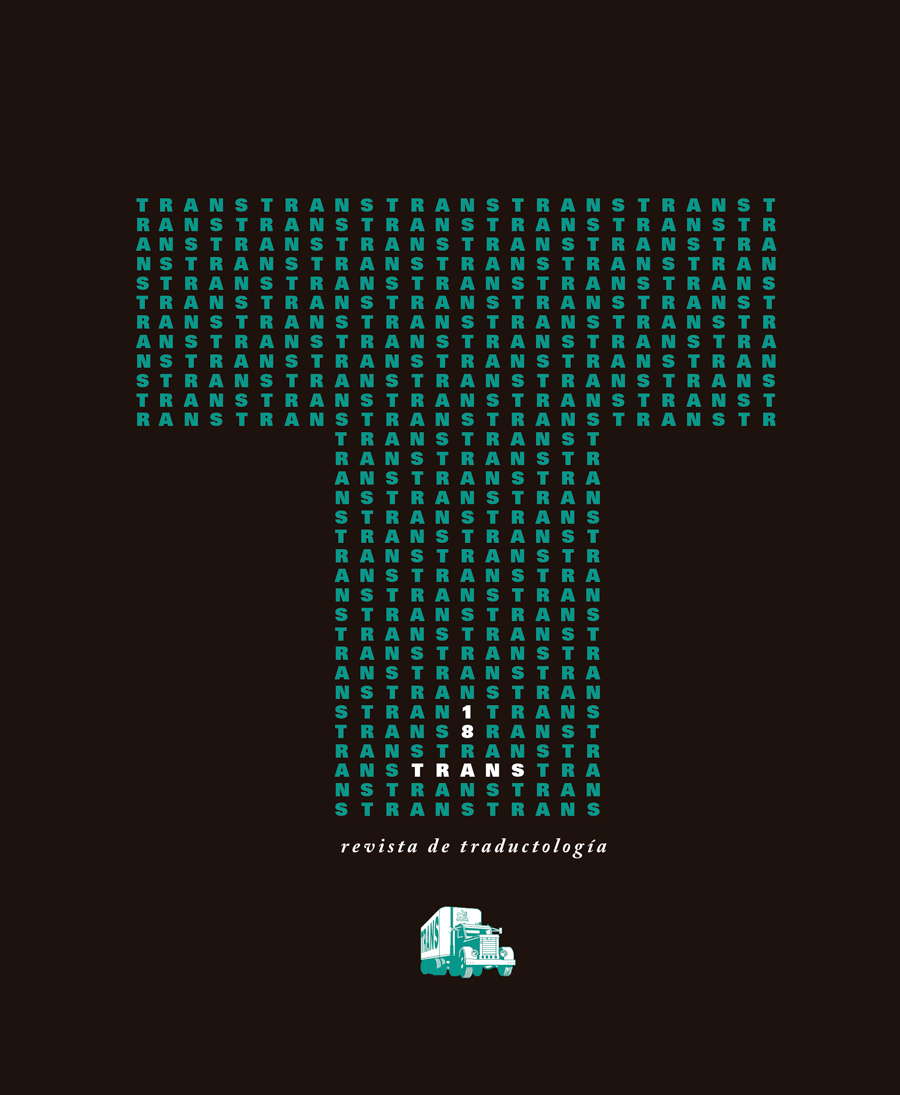Daunting challenges for the translator: humour, cultural references, wordplay, and onomatopoeia in Charlie and the Great Glass Elevator by Roald Dahl
DOI:
https://doi.org/10.24310/TRANS.2014.v0i18.3248Keywords:
traslation of children’s literature, humour, cultural references, wordplays, onomatopoeiasAbstract
This article takes a critical look at writer Roald Dahl and his work, taking as its basis one of his less scrutinized books, Charlie and the great glass elevator. It examines the type of reader to whom his books are addressed, and his type of humour which is one of the central elements on which his literary output turns. Finally it focuses on cultural references, wordplays and onomatopoeias, by comparing the original text with the Spanish translation by Veronica Head in order to identify and analyze the various translation strategies used.Downloads
Metrics
Publication Facts
Reviewer profiles N/A
Author statements
Indexed in
-
—
- Academic society
- N/A
- Publisher
- Universidad de Málaga
Downloads
Published
How to Cite
Issue
Section
License
All contents published in TRANS. Revista de Traductología are protected under the Creative Commons Attribution-NonCommercial-ShareAlike 4.0 International (CC BY-NC-SA 4.0) license. All about this license is available in the following link: <http://creativecommons.org/licenses/by-nc-sa/4.0>
Users can copy, use, redistribute, share and exhibit publicly as long as:
- The original source and authorship of the material are cited (Journal, Publisher and URL of the work).
- It is not used for comercial purposes.
- The existence of the license and its especifications are mentioned.
- ShareAlike — If you remix, transform, or build upon the material, you must distribute your contributions under the same license as the original.
There are two sets of authors’ rights: moral and property rights. Moral rights are perpetual prerogatives, unrenounceable, not-transferable, unalienable, imprescriptible and inembargable. According to authors’ rights legislation, TRANS. Revista de Traductología recognizes and respects authors moral rights, as well as the ownership of property rights, which will be transferred to University of Malaga in open access.
The property rights are referred to the benefits that are gained by the use or the dissemination of works. TRANS. Revista de Traductología is published in an open access form and it is exclusively licenced by any means for doing or authorising distribution, dissemination, reproduction, , adaptation, translation or arrangement of works.
Authors are responsable for obtaining the necessary permission to use copyrighted images.













21.png)
